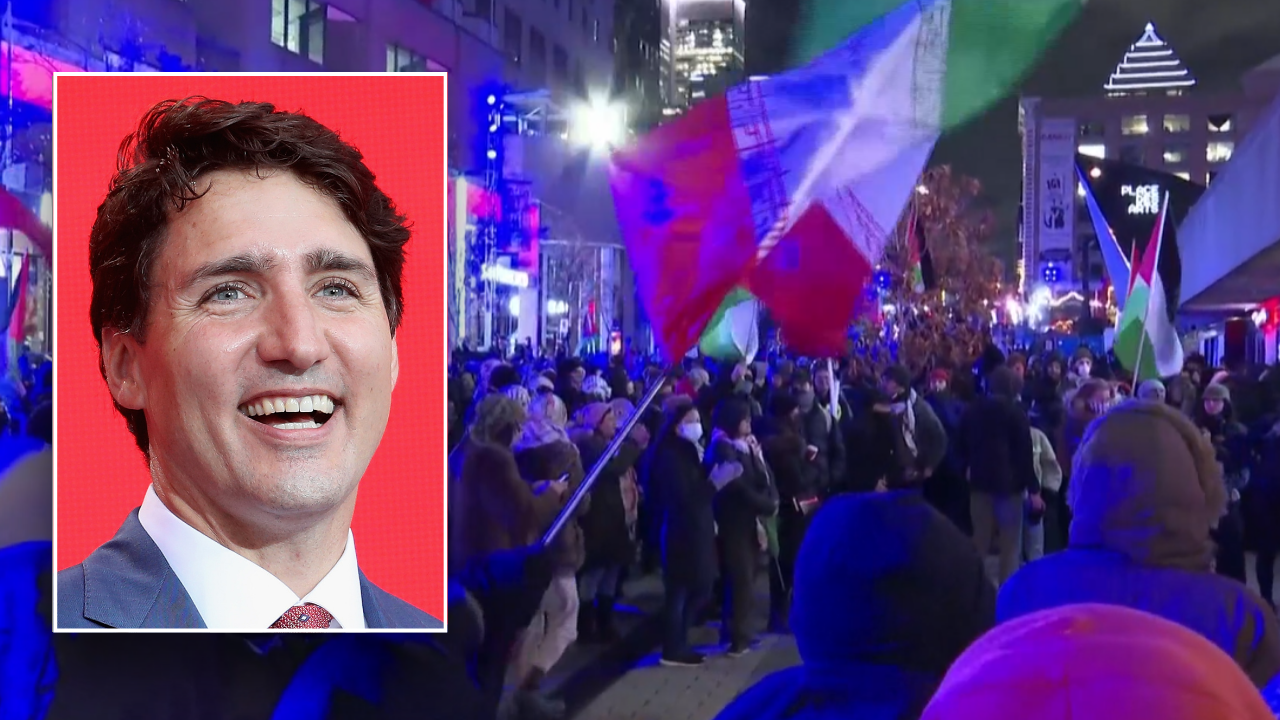The police and prosecutors in Peru carried out a surprise raid at the home of President Dina Boluarte and the presidential palace early Saturday as part of an “unlawful enrichment” investigation into news reports that she had been seen wearing Rolex watches since taking office.
The raid, which came as Peruvians were celebrating the Holy Week holiday, shocked many people, even in a country that has grown accustomed over the past two decades to politicians investigated for alleged corruption.
Before midnight on Good Friday, the police used a battering ram to force their way into Ms. Boluarte’s home in Lima, according to live coverage on Latina Noticias. Prosecutors and the police then searched Ms. Boluarte’s office and residence in the presidential palace.
The president had failed to appear this week for a scheduled appointment with prosecutors to show them three Rolex watches she has worn and to explain how she obtained them. She also refused to allow them into her house to execute a search warrant, according to Attorney General Juan Villena, who told lawmakers that her refusal was “a clear indicator of rebellion.”
The investigation into Ms. Boluarte began on March 18, after the online news program La Encerrona revealed that she had started wearing increasingly expensive watches, including at least one Rolex, since taking office in December 2022. Prosecutors suspect her of violating the country’s laws against unlawful enrichment and failing to declare assets. In Peru, the elected authorities must report to the government any assets worth more than 10,300 soles, or about $2,774, and disclose any gifts received from third parties.
Local news outlets have since reported that Ms. Boluarte has worn three other Rolex watches, as well as a $50,000 Cartier bracelet, and that banking authorities have detected about $300,000 in deposits of unknown origin made to her personal accounts before she took office.
The model of Rolex watches she has reportedly worn costs at least $14,000, according to La Encerrona.
Ms. Boluarte has denied wrongdoing, but she has also declined to explain the origin of the Rolexes publicly, saying only that the first Rolex watch that drew attention was an item “from long ago.” “It’s in my DNA to not be corrupt,” she told journalists on March 15. “What I have is the fruit of my efforts and my work.”
In a televised address on Saturday, Ms. Boluarte, flanked by ministers in her cabinet, blamed news outlets for creating “smoke screens” that fuel “chaos and uncertainty,” She called on Peruvians to march to defend democracy.
“I’m an honest woman. I entered the presidential palace with clean hands, and that’s how I’ll leave in 2026,” she said. “Let’s march today for truth and idealism and hug one another with a single heart.”
Ms. Boluarte’s surrogates have suggested other explanations. Hania Pérez de Cuéllar, her housing minister and the former head of the agency that protects intellectual property, suggested that the Rolex might be fake and admitted to buying a counterfeit luxury watch herself on a trip to China. A lawyer for Ms. Boluarte said early Saturday that she might have received the watches from a “fan” who wanted to remain anonymous.
Justice Minister Eduardo Arana called the raids “unconstitutional” and “disproportionate” and appealed to lawmakers for “unity” in the face of what he described as an attempt to destabilize the government.
“Justice is being politicized,” he said in a news conference with other ministers. “The purpose is to rupture the government, democracy and institutionality.” He declined to answer questions from journalists.
It was unclear whether the Rolex controversy would cost Ms. Boluarte key support.
The interior ministry, which controls the national police, expressed support for her, saying in a post on X that it rejected “acts that affect the development of the country, cloaked in questionable judicial provisions.”
“We reaffirm our commitment to continue working for the country’s internal order,” the ministry wrote.
Some of Ms. Boluarte’s allies on the right blamed her for letting the situation escalate. And once-friendly news outlets have adopted a more critical stance, a sign that patience may be wearing thin among her supporters.
The controversy over the Rolex watches comes as the economy is flagging and hunger is growing in Peru, a country that won international praise for consolidating its democracy and riding a mining-fueled commodities boom to pull millions of its citizens from poverty. The investigative news program Cuarto Poder reported that Ms. Boluarte wore one Rolex model worth more than $18,000 at an event in February to address poverty in vulnerable populations.
Some political observers said the scandal could open the door to a new round of political turmoil in a country that has had six presidents in the past six years.
Every way out of the current crisis seemed to lead to “a dead end,” the Peruvian political scientist Gonzalo Banda said in an interview. If she remained in office, trust in democracy was likely to further diminish, with unpredictable consequences, he said.
“In Peru, you have a political class no longer responding to citizens, so citizens grow more distant from politics, more disaffected from politics, more fed up with politics, which doesn’t mean they’re not paying attention,” Mr. Banda said. “All that discontent is going to be unleashed in a new election.”
According to a poll in January, Ms. Boluarte is the least popular president in Latin America, with an approval rating of just nine percent.
A former civil servant turned politician for a Marxist party, she served as President Pedro Castillo’s vice president. She succeeded him after he was impeached in 2022 and arrested for announcing that he was taking over Congress and the justice system.
Ms. Boluarte’s decision to replace Mr. Castillo instead of resigning — as she once promised she would do to make way for new elections — set off violent protests against her government in late 2022 and early 2023, with 49 civilians killed in police and military crackdowns. She is currently under investigation by national human rights prosecutors.
Ms. Boluarte is also the co-author of a book on human rights law that is under investigation for plagiarism.
Before taking office, Ms. Boluarte earned $1,100 per month as a bureaucrat with the state agency that produces identity documents. As minister, she earned about $8,000 per month, and as president makes a little over $4,000 per month.
As the authorities retrieved boxes from Ms. Boluarte’s residences, a lawmaker announced that her former leftist party had secured sufficient support for a motion for an impeachment vote in Congress, where Ms. Boluarte has relied on a coalition of right-wing and centrist parties to survive.
Although only 26 votes are required for a motion to impeach, 87 votes — or two-thirds of the legislators — are needed for passage.
Since 2016, when back-to-back corruption scandals started fueling high-stakes political battles in Peru, two presidents, Mr. Castillo and Martín Vizcarra, have been impeached. One, Pedro Pablo Kuczynski, resigned to avoid an impeachment vote. All living former Peruvian presidents except one, Francisco Sagasti, who governed from late 2020 to mid-2021, have come under investigation for corruption or human rights abuses. In 2019, the former president Alan García killed himself to avoid arrest.
Congressman Alejandro Muñante, of the far-right Renovación Popular party, said on X that Ms. Boluarte had done herself no favors with her silence in recent weeks.
“Staying quiet has cost the president a lot and will continue to do so if she keeps opting for this terrible defense strategy,” Mr. Muñante said. “Boluarte still has time to clear this up. If she doesn’t, a new succession wouldn’t be at all crazy.”





